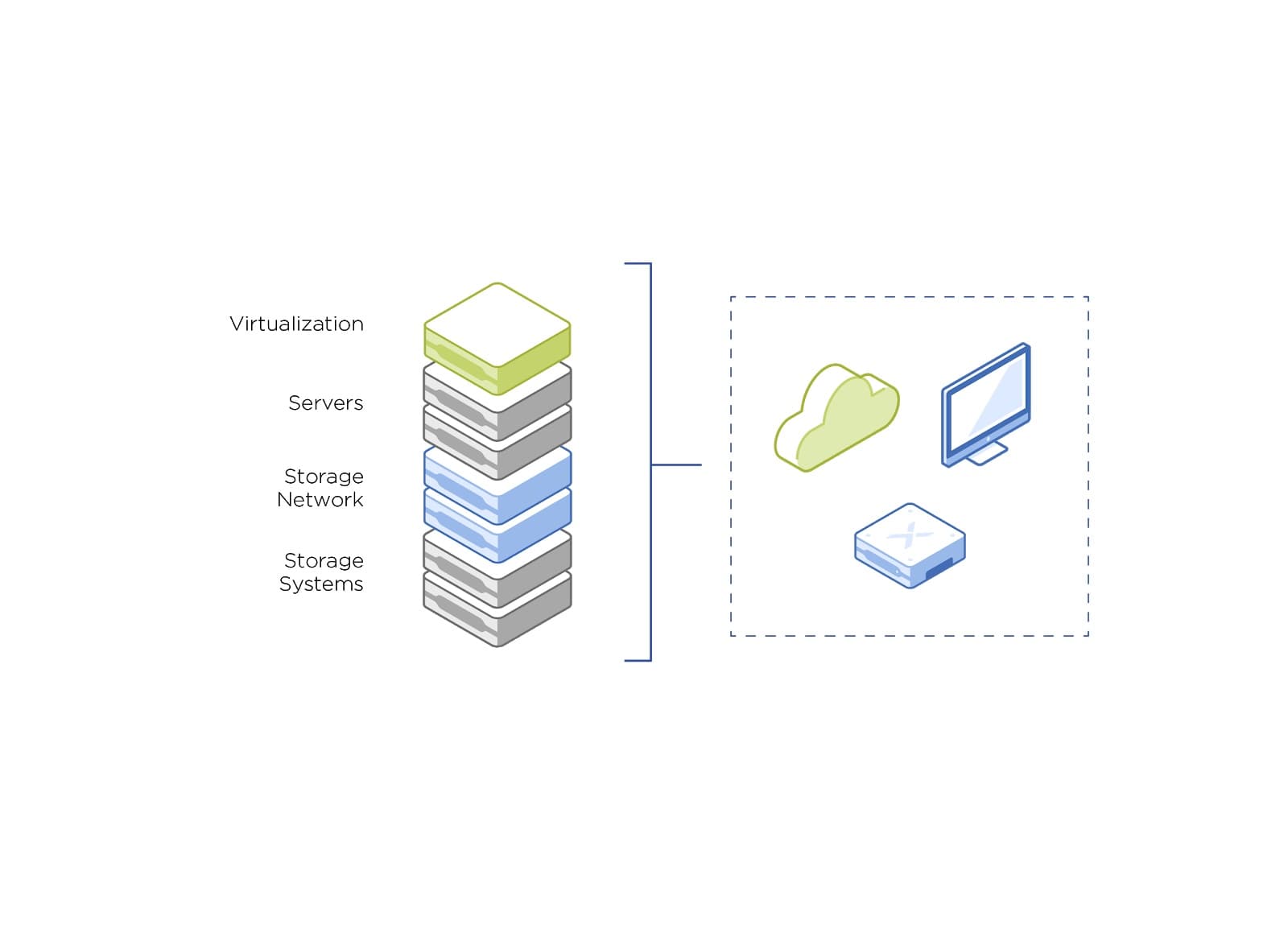Pros and Cons of Offshore Software Development
In a modern globalized economy, businesses are constantly seeking ways to streamline their operations and, at the same time, minimize costs. Offshore software development has emerged as a popular solution for many companies that want to use the skills and expertise of professionals from all over the globe. However, like any business decision, it has peculiarities that should be taken into account. This article provides the benefits and challenges of offshore software development, as well as best practices for choosing a reliable technical partner and organizing the working process.
Table of Contents
Pros of Offshore Software Development

-
Lower costs
Many businesses select offshore software development because of considerable cost savings. Countries in Eastern Europe and Southeast Asia have lower labor costs than those in the USA, Canada, Australia, or the UK. It allows businesses to hire skilled professionals at a reduced price, resulting in substantial savings in project budgets.
-
Access to global experts
Offshore software development gives access to a diverse and massive pool of professionals from different parts of the world. It enables businesses to find necessary skills and expertise that may be rare or expensive to find locally. As a result, companies can implement even the most complex features and meet all their requirements.
-
Faster time-to-market
Offshore software development can help companies speed up their product development cycles. By utilizing experts located in different time zones and alternating their efforts, businesses can effectively work 24/7. It will result in faster project completion times and give companies a competitive advantage in fast-paced markets.
-
Team flexibility
An offshore software development company can provide a level of adaptability that may not be achievable with an in-house team alone. It can quickly increase or decrease the necessary resources based on the requirements without the need for extensive recruitment or layoffs. In contrast, for small to medium-sized companies, managing an internal development team and finding qualified new hires can be challenging. Especially if the company is located in a small or rural area, where finding the right candidate can take time and effort. By taking advantage of this adaptability, businesses can organize their work faster and use budgets more effectively.
-
Time savings
Outsourcing software development gives businesses a chance to focus on their primary objectives and leave the technical aspects to specialized teams. What is more, outsourcing an entire project can be faster, as there is no need to spend time and effort searching and hiring each person independently. It allows companies to allocate their time and energy toward innovation, market expansion, and other critical growth areas.
-
New approaches
Offshore development provides access to the latest technological innovations and trends and new methodologies, management tools, and communication practices. It can help companies stay up-to-date and competitive. Additionally, product owners can leverage these strategies for further development and maintenance when collaborating with their in-house team.
Cons of Offshore Software Development

-
Reliability concerns
If you haven’t outsourced software development before, you may have primary concerns, such as communication barriers, team experience, and reliability.
Best practices: In fact, choosing the right team is the most crucial factor that significantly impacts the final outcome. It’s essential to search for a team with a proven portfolio and positive reviews, as an experienced team has been successfully communicating and collaborating with businesses from different industries for ages.
-
Security risks
Offshore software development involves sharing intellectual property and sensitive business information with external parties. It poses various security risks, such as unauthorized access, data breaches, and intellectual property theft.
Best practices: To mitigate these risks, companies must implement stringent security measures such as secure data transmission protocols and non-disclosure agreements. These steps can help ensure the safe and secure sharing of information with external parties.
-
Difficulties in management
It can be complicated to manage a remote team, especially when you don’t have a technical background and experience in such situations. However, effective management can contribute to the productivity of the development team and the overall success of your project.
Best practices: It’s critical to clearly define the project scope, requirements, and expectations for the remote team. It includes specifying timelines and budgets, as well as clarifying all your management strategies. You also need to define the level of your involvement in the process, whether you want to be an active participant, observer, or supervisor. If you partner with a development team that uses Agile methodologies, you can participate in daily and weekly meetings where you can provide your feedback, celebrate successes, and offer constructive suggestions for the improvement of business processes.
-
Time zone differences
Working with offshore teams located in different time zones can create challenges in scheduling meetings, resolving issues in real time, and maintaining a cohesive workflow. Communication delays and slower response times may also affect project timelines.
Best practices: Set up a regular schedule for communication between the teams and organize meetings during the hours when both teams are working. To ensure smooth communication, use standard collaboration tools such as video conferencing apps, project management software, and instant messaging.
-
Cultural dissimilarities
Offshore software development teams may face challenges due to cultural differences that affect their team dynamics, work ethics, and decision-making processes. It can include differences in communication styles, cultural norms, and business practices.
Best practices: It is crucial to acknowledge cultural differences and take necessary steps to overcome any possible barriers. You also need to establish an environment of open and honest communication with software development partners in other countries. Your aim is to support new team members in feeling comfortable sharing their thoughts and ideas receive all the benefits from their expertise.
Conclusion
Offshore software development can benefit businesses, but evaluating its advantages and disadvantages is crucial before implementing it. Organizations must have a proper plan to mitigate potential risks and use best practices for open communication and strong collaboration with their offshore team. By doing so, companies can leverage offshore development to achieve their business purposes and drive innovation.

11+ years strategic communications, marketing, and project management experience. I am a trainer at StarWood Training Institute, focusing on online courses for project management professionals.










